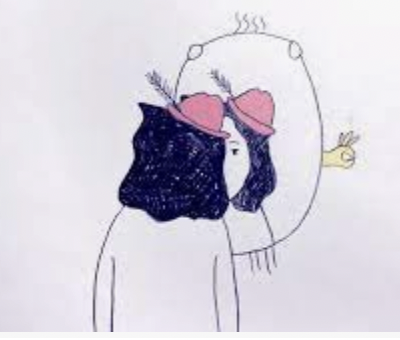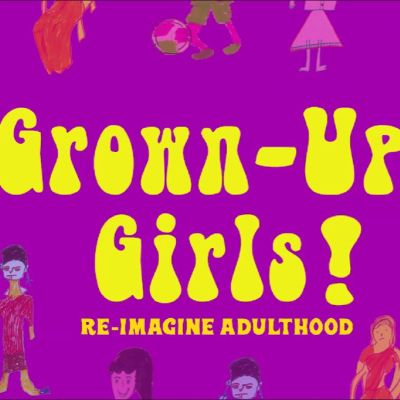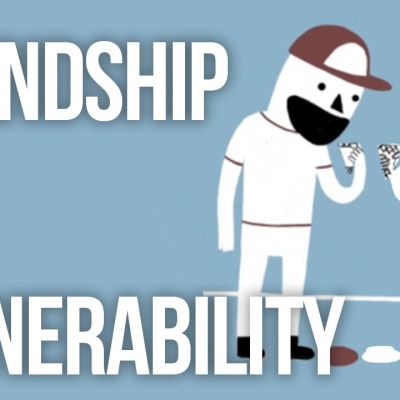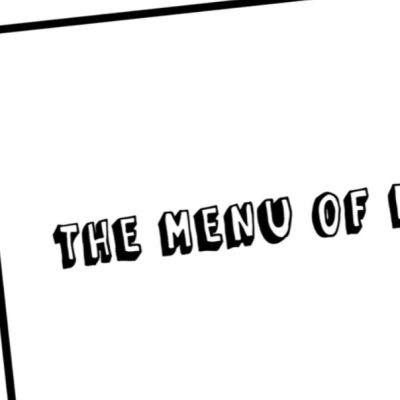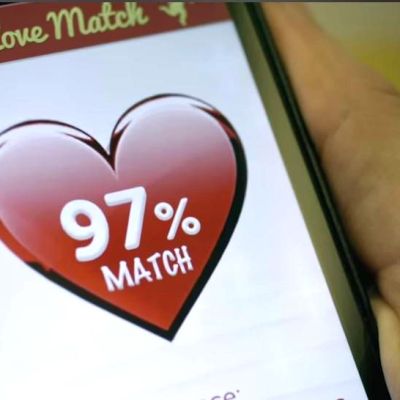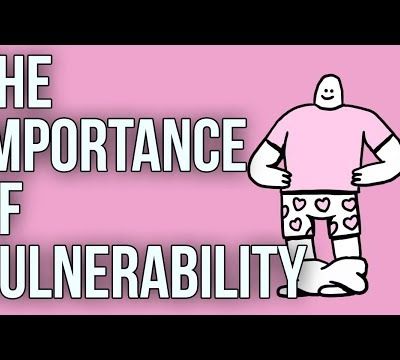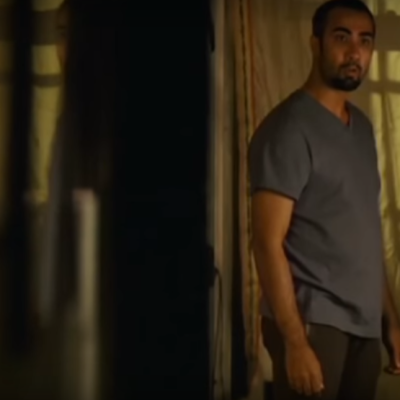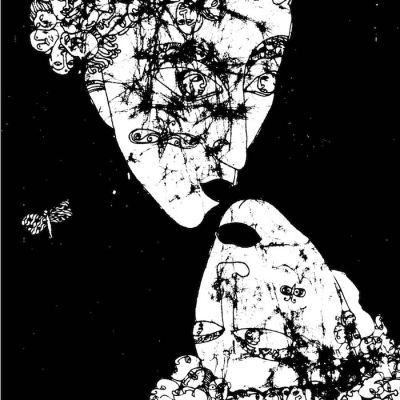love
Practicing polyamory comes with the struggle of breaking down value systems and non-acceptance that may lead to ostracism not only from the heterosexual world but also from the queer and trans community. Claiming oneself as queer depends not only on how one identifies, but also, in society’s eyes, on who one’s partner is; being single does not qualify and neither does being polyamorous as the latter is considered ‘non-serious’.
Khusro to Bullah. Ada to Parveen
यह, वह, वो
He, she, they
Lover or Beloved? Woman or Man?
Feminist critiques are often critiques of relationship structures: marriage, the joint and nuclear family, monogamy, and heteronormativity. Patriarchy, fundamentally a system of inheritance, finds a natural home in these structures.
This is why I’ve often wondered: how do feminists imagine and navigate romantic relationships? Do they have to constantly be thinking about and watching out for the many ways in which power, privilege, autonomy and entitlement manifest in their relationships and dating culture? It seems rather unromantic to do so.
It took me some time to realise how important being vulnerable or, for that matter, being vulnerable during sexual engagement was for me to have great sex and how empowering it is for my sexuality. After much thought, I decided to open up to my partner about my past experiences and other things I never used to openly talk about.
What vindicates the argument that women with disabilities (WWDs) should be deprived of sexual and reproductive healthcare and rights is scary. Harmful stereotypes of WWDs include the belief that they are hypersexual, incapable, irrational and lacking control. These narratives are then often used to build other perceptions such as that WWDs are inherently vulnerable and should be ‘protected from sexual attack’.
Paromita, an award-winning filmmaker, and founder of the multimedia platform Agents of Ishq, and Leeza, who tries to normalise conversations about sexuality through her online work, remind us that neither singlehood nor marriage is the only determining factor of our wellbeing.
This thought-provoking, luminously illustrated The School of Life video reminds us of self-compassion being essential to building our own selves up, and being a safe space where we can extend the same love and imagination to our vulnerabilities, insecurities, fears, and doubts as we do to our friends.
They use sports, technology, arts, and media to express themselves and to build the confidence to exercise choice and negotiate decisions about their bodies, health and life.
We are often told to speak to ourselves as we would to a friend, gently and lovingly. At the heart of friendship is vulnerability – a radical acceptance of oneself and another for who we truly are, the glowing and beautiful, as well as the dark and crooked.
Dr. Lindsey Doe debunks myths around disability and sexuality, at once carving out space for affirming and inclusive discussions and challenging negative and harmful stereotypes. Emphasising the sexuality of people with disabilities as rich and diverse, Lindsey wonders what inclusive sexual and reproductive health and rights really mean.
Is a monogamous long-term romantic relationship the only kind of relationship available to us? This School of Life video explores alternative modes of relationships through “The Menu of Love” and prods us to rethink the notion of monogamous romantic love and coupledom.
We found a 97% LoveMatch nearby! Find her and start your new life RIGHT NOW!!
In a way, the expression of vulnerability can be a foundation of trust and mutual support in a relationship, often leading to a sharing of burdens and the building of a deepened connection and solidarity.
A moving short film by Mira Nair on the anguish we subject ourselves to when faced with the inexplicable power…
I still remember my early childhood days when we used to get lessons on caste in our day-to-day lives. Coming…







